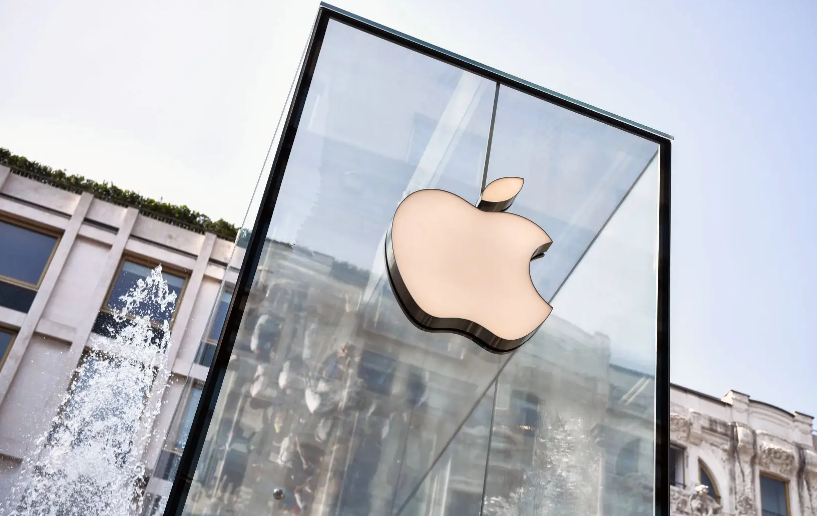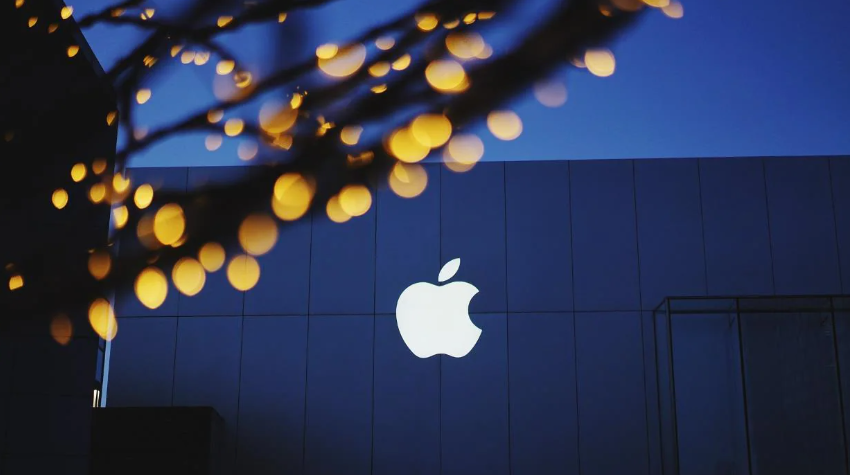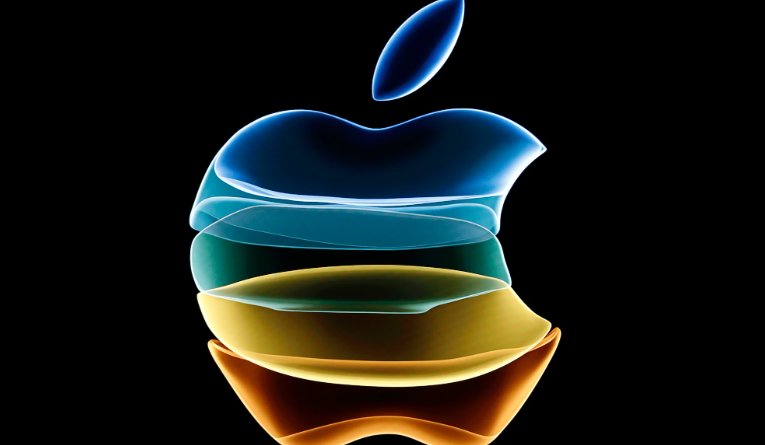Apple to Implement Voluntary AI Safeguards Established by White House
Apple’s commitment comes just before the company plans to integrate OpenAI’s ChatGPT chatbot into Siri on iPhones, as part of a new range of AI features.
Apple Inc. is the latest company to agree to a set of voluntary AI safeguards created by President Joe Biden’s administration. This effort aims to guide the development of emerging technology and encourage companies to protect consumers.

The administration announced on Friday that Apple is joining other tech giants such as OpenAI Inc., Amazon.com Inc., Alphabet Inc., Meta Platforms Inc., and Microsoft Corp. in committing to test their AI systems for discriminatory tendencies, security flaws, or national security risks.
The principles require companies to transparently share the results of these tests with governments, civil society, and academia, and to report any vulnerabilities.
The pledge comes as Apple prepares to integrate OpenAI’s chatbot application, ChatGPT, into its voice-command assistant on iPhones as part of a new suite of AI features, marking a partnership between a tech powerhouse and one of the most influential artificial intelligence startups.
Following the announcement of the Apple and OpenAI partnership, Tesla Inc. CEO Elon Musk vowed to ban Apple devices from his companies if OpenAI’s AI software is integrated at the operating system level, citing it as a security risk. Musk has his own AI startup called xAI, which features a chatbot named Grok.
Artificial intelligence has rapidly entered the mainstream in recent years, with more people becoming familiar with the technology and finding everyday uses for it. However, its application in areas such as law enforcement, hiring, and housing has faced criticism due to allegations that these products foster discrimination.
Biden has consistently highlighted the benefits of AI technology while also warning about its potential risks, urging the industry to take greater responsibility for ensuring the safety of its products.

The White House guidelines, although thorough, are not enforceable, meaning the administration must rely on companies to adhere to the standards on their own. While a bipartisan group of lawmakers in Congress has shown interest in regulating AI, legislation has been sidelined by other priorities, leaving Biden to address the issue independently.
Last year, Biden signed a broad executive order mandating that powerful AI systems undergo testing before they can be purchased by the federal government.
According to a White House official, he is set to receive an Oval Office briefing on Friday regarding the progress made by his staff in implementing the directive.

